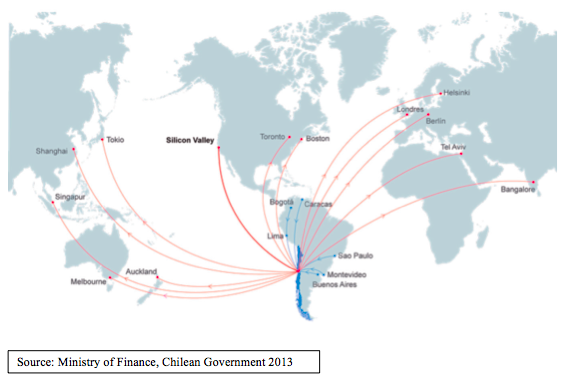If you step into a university classroom and ask how many students spend part of their time volunteering in their communities, you are likely to see a significant number of hands rise in the air. But try asking the same students about their desire to work for the government after graduation. Surely, only a few hands will go up, many with great hesitation.
Why don’t young people who harbor a commitment to public service see working for government as a viable career option? Many will tell you personal political contacts are necessary to enter into the public sector, while others will cite limited financial prospects. In my opinion, however, there is a deeper underlying problem: almost no one truly knows what governments do, thus prevailing a lack of knowledge and trust about government’s work. As Paul Light warned in his book “A Government Ill Executedâ€, most young American believes that federal employees take their jobs out of a spirit of service, but for the benefits and security federal jobs offer. Similarly, according to the 2012 National Youth Survey, 81 percent of Chilean young people are not interested in government or political issues.
Governments worldwide have done little to change young people’s perceptions or attract budding talent to the public sector. There are too few programs in our colleges and universities where government agencies compete with the private sector to attract the best economists, lawyers, journalists, engineers, etc.
Indeed, the attraction and recruitment of young talent to the public sector is one of the ten key tasks on the agenda proposed by the Inter-American Development Bank (IDB) in the recently published book: “Serving the Citizen: A Decade of Civil Service Reforms in Latin America (2004-2013)”. It acknowledges that programs such the White House Fellowship and the UK Fast Stream have attempted to tackle this pressing issue. Unfortunately, there is no formal program in Latin America to bring talent to the public sector.
As such, Chile created Practicas para Chile, the first program in the region of its kind. Launched under President Piñera in 2011, the initiative provides undergraduate and graduate students with internships in various public agencies. Through training opportunities, meetings with senior advisers and elected officials, participants receive a first-hand overview of the Chilean Executive and Legislative branches. This program exceeded most expectations. After four years, more than 600 students from approximately 50 universities have participated in the program. The graph below shows the increase of the number of participants since the start of the program.

Thirty percent of the first generation practitioners are currently working in the public sector. According to the survey to this group, the internship positively influenced their perception about government work.
Practicas para Chile has also expanded overseas opportunities for students from some of the world’s most prestigious universities such as Harvard, Stanford, Chicago, Columbia, New York University, Berkeley and Oxford. Now, more than 40 international students from different fields and backgrounds have worked for three months in the Chilean public sector. The program has built a network of future public leaders, and promoted cross-cultural exchange, thus sharing ideas and best practices for public policies.
Going further, the following map presents the countries where students come from:

This experience should encourage us to insist that governments become more proactive in attracting and retaining talent. Such initiatives not only contribute to further improving the quality of goods and services in our public domain, but also to increasing public awareness and commitment among the younger generations.
Jorge Sahd is professor of Law and Economics at the Pontificia Universidad Católica de Chile´s Law School and the founder of Prácticas para Chile. Jorge earned a Fulbright Fellowship and was recognized for his leadership by national Chilean newspaper, El Mercurio, as one of the top “100 Young Leaders of Chileâ€.      Â




One thought on “Governments as a Young Talent Magnet”
Comments are closed.